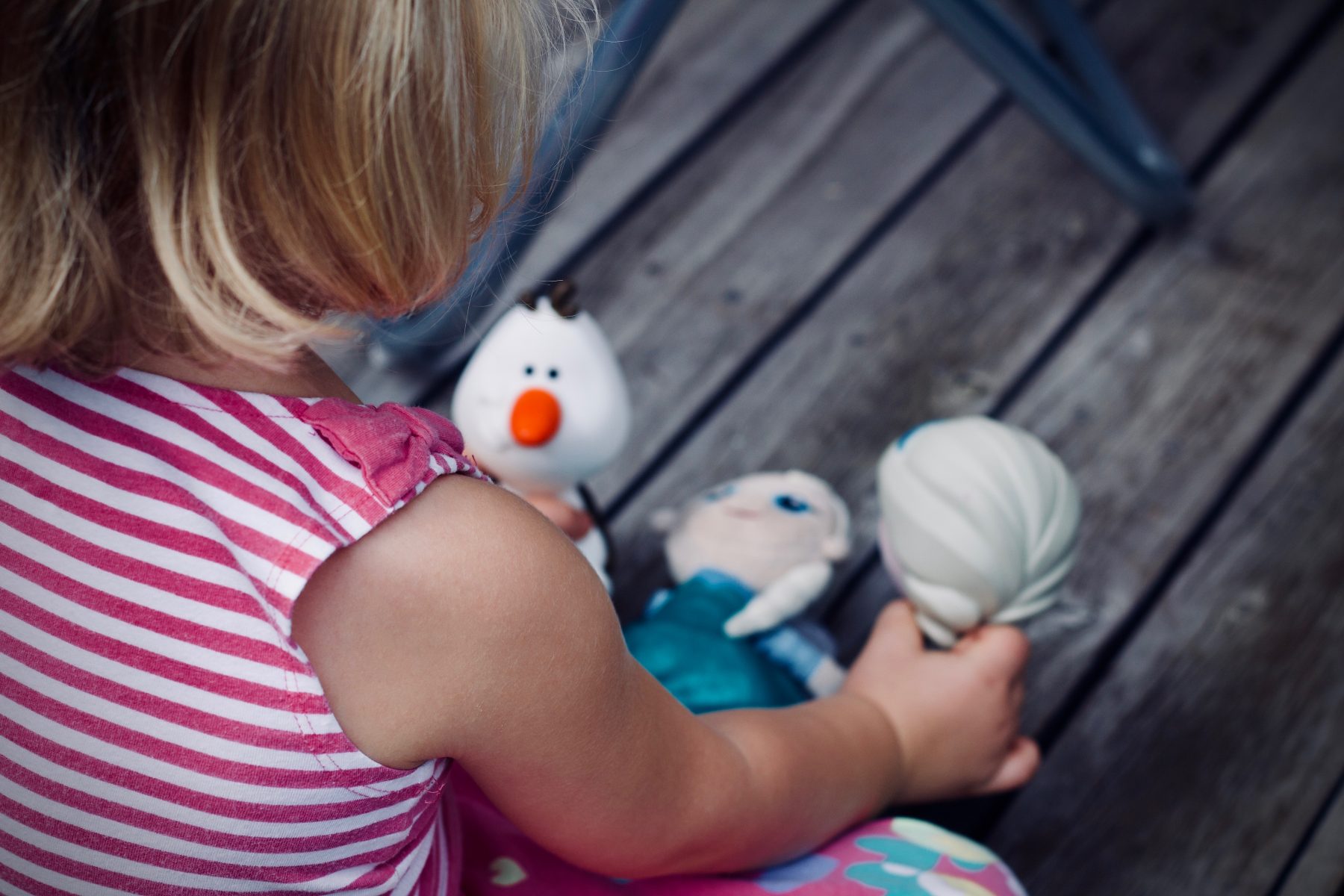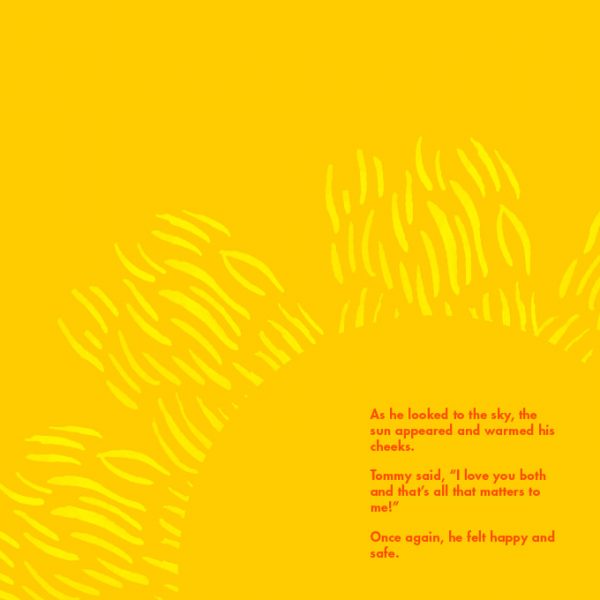Tips from CSU head of psychology on helping children cope with major life events

In honour of National Psychology Week, which runs from Sunday 8 to Saturday 14 November, Associate Professor Gene Hodgins, who is the Associate Head of the Charles Sturt University’s (CSU) School of Psychology, has released a series of points designed to support parents and carers to help children cope with major stressful events like drought, bushfires, COVID-19 and traumas like violence.
Such events, Associate Professor Hodgins said, have occurred with “upsetting frequency” in 2020, and major events like these, as well as traumas like violence, can have a significant impact on the mental health and wellbeing of people, including children.
While people sometimes think that children are not affected by stressful events because they are either too young to remember them, or don’t fully understand what is going on, children of all ages can be affected by events around them and can become stressed in response.
How do children react?
When a significant event occurs, adults and children will have their own response, and children can often experience distress even if they did not experience the event personally, Associate Professor Hodgins said.
While all children are individuals, and will have differing responses, there are some common themes and behaviours that can be observed in children following a frightening event, with children showing different behaviours in different contexts.
For example, children may seem fine at home, but be very quiet and withdrawn when attending early childhood education and care, or vice versa.
Some of the common age-related behaviours may include:
- refusal to attend care or school, or be away from parents
- crying, shouting or fighting
- agitation, anxiety or distress
- refusal to speak or co-operate
- new fears or old fears returning
- fussiness or clinginess
- trouble concentrating or paying attention
- changes in sleeping or eating
- not wanting to play with friends or do sport
- playing ‘disaster’ or ‘death’
- a ‘frozen’ or ‘spaced out’ look
- acting in ways that are normally too young or too old for them.
While these reactions can be stressful for adults and children alike, they are often an age-appropriate way of trying to cope with what has happened. Often these reactions will reduce over time. If they persist, increase, or become dysfunctional, it is important to seek support.
Helping children to cope
There are many helpful steps caregivers can take to help support children’s recovery and help protect them from having ongoing difficulties, Associate Professor Hodgins said, including:
- Listen and attend to children carefully
- Speak to children regularly about how they are feeling
- Check in with them over time and remember that frequent, shorter conversations are often more supportive than one-off chats
- Let children know that you are available to talk with them when needed
- Encourage children to talk about their feelings to help them understand their experiences
- Sometimes children don’t have the words to describe their feelings, however you can reassure them that their feelings are normal and that they will come and go.
Remember:
- Accept all the child’s answers about how they are feeling
- Avoid responses such as “you are too old to be doing this”, “stop being silly”, or to “get over it”. Telling children to “man up” or that “big girls don’t cry” isn’t helpful, because it tells them that it is not OK to feel sad or have difficulties with what is happening
- Answer the child’s questions honestly, with facts. Older children may need more details than younger children
- Reassure the child that everything is being done to manage the situation
- It is OK to not have all the answers
- Maintain a calm and non-threatening environment at home
- Children really benefit from one-on-one time with adults.
Try looking at things through a child’s eyes
One strategy that can assist in helping children who have experienced traumatic and complex events is to try and see things from their point of view. This may help to understand some of their reactions and behaviours. It may also assist in connecting and supporting them.
Having caring adults model the skills needed to cope with trauma can also be supportive, as well as talking through strategies which they themselves have used to copy, and being honest about the fact that traumatic events, though challenging, will feel less so with support and time.
While it can be difficult, being able to find time to connect with children, and check in, can ease some trauma outcomes. Core messaging after a traumatic event should focus on the message that despite the trauma, their world is still basically a safe place, people are usually good, and life is worth living. It is important to remind children that “this too shall pass.”
Monitoring the media that children consume, and the messages it contains, can be helpful, as can maintaining social connections with family and friends, school and hobbies.
Safe and stable
For those caring adults who are dealing with their own stress and may need increased support to provide stability and routine for children, a number of resources are listed below which may support:
- Emerging Minds
- Kids Helpline – 1800 55 1800
- Lifeline – 13 11 14
- BeyondBlue – Children and BeyondBlue – Young People
- Black Dog Institute
Following a traumatic event, Associate Professor Hodgins said, children will depend on the adults around them for safety and security, and will need reassurance, care, and opportunities to share their feelings. Children look to adults around them during a traumatic or stressful time to help them make sense of what has happened.
Popular

Quality
Practice
Research
Professional bravery in ECEC: How reading the nervous system prevents behaviour escalation
2025-12-02 07:30:47
by Fiona Alston

Policy
Quality
Practice
Provider
Research
Workforce
ECEC services to close early for mandatory child safety training under national reforms
2025-12-01 07:10:09
by Fiona Alston

Quality
Policy
Practice
Provider
Workforce
Growth restrictions and enhanced oversight imposed on Affinity Education Group in NSW
2025-12-01 07:30:29
by Fiona Alston
















